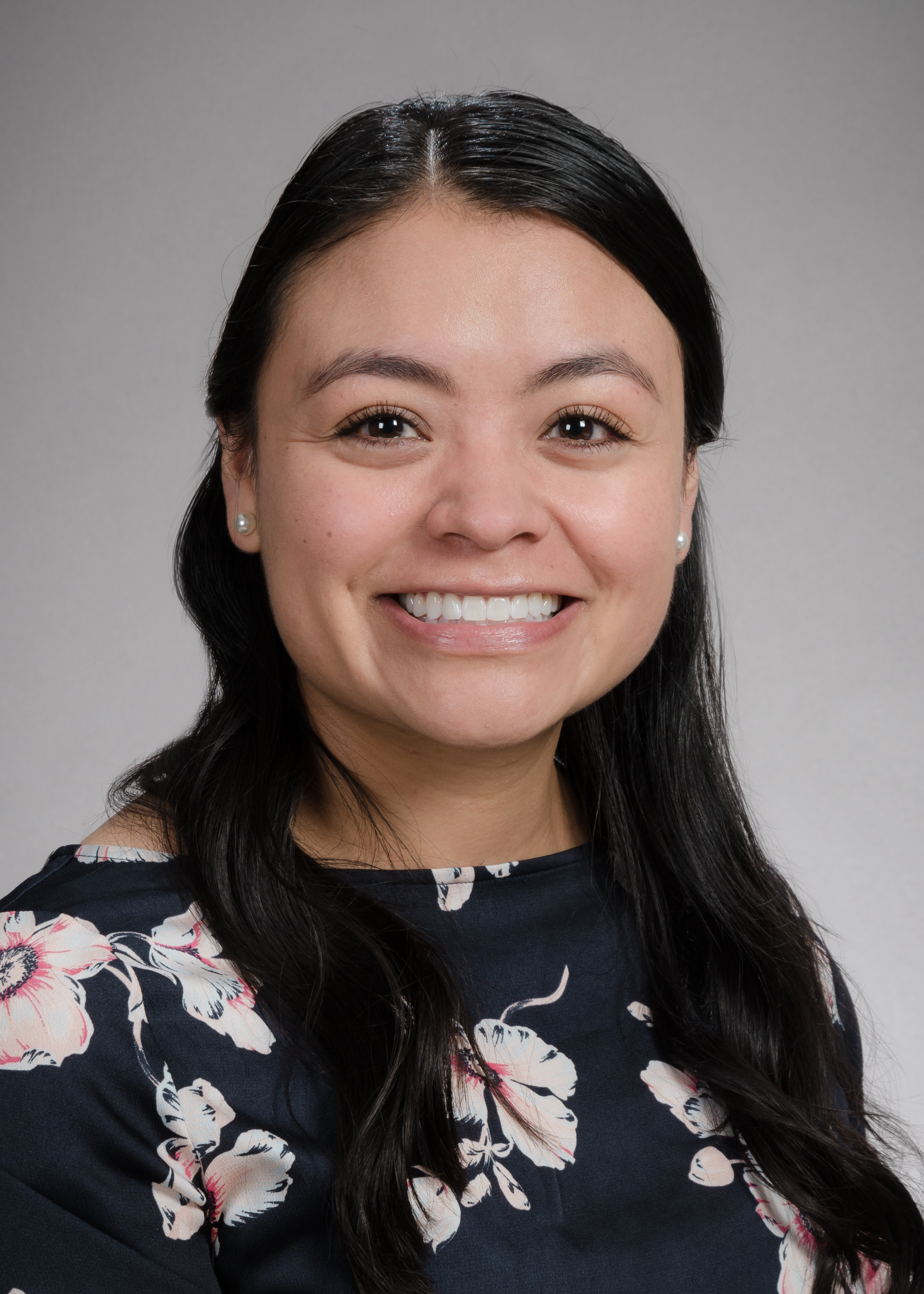Symposia
Child / Adolescent - Externalizing
3 - (SYM 126) Evaluating an Adaptation of Lifestyle Enhancement for ADHD Program (LEAP) Parent Training for Spanish-speaking Families of Children with ADHD

Cindy O. Trevino, Ph.D.
Assistant Professor
University of Washington School of Medicine
Seattle, Washington- YG
Yasmin Guzman, B.A.
Research Assistant
Seattle Children's Hospital
Seattle, Washington - NT
Nguyen Tran, B.S.
Research Assistant
Seattle Children's Hospital
Seattle, Washington - EG
Erin Gonzalez, PhD
Principal Investigator
Seattle Children's Hospital
Seattle, Washington, United States of America - MK
Michelle Kuhn, Ph.D. (she/her/hers)
Acting Assistant Professor
University of Washington School of Medicine
Seattle, Washington - AH
Albert Hsu, B.S.
Research Assistant
Seattle Children's Hospital
Seattle, Washington - MS
Mark Stein, PhD
Associate Professor
Seattle Children's Hospital/ University of Washington
Seattle, Washington - JM
Jason Mendoza, MD
Associate Professor
Seattle Children's Hospital/ University of Washington
Seattle, Washington - PT
Pooja Tandon, MD
Associate Professor
Seattle Children's Hospital/ University of Washington
Seattle, Washington
Speaker(s)
Co-author(s)
ADHD treatment trials have historically underrepresented youth from underserved racial and ethnic groups. As a result, there is a need for innovative, feasible, and acceptable interventions for underrepresented youth that can alter negative health trajectories associated with ADHD (physical inactivity, disordered sleep, and problematic screen use). The purpose of this study was to adapt and evaluate the feasibility and acceptability of LEAP a novel, family-based intervention that promotes health behaviors within the context of evidence-based parent behavioral management training (BMT), enhanced with mobile health (Garmin) technology for Spanish-speaking families.
Method: We conducted 11 qualitative interviews with embedded primary care behavioral health specialists to inform adaptations to the Spanish LEAP program. The pilot enrolled Spanish-speaking parents of children ages 6 -10 diagnosed with ADHD and who did not engage in the recommended average of at >60 min/day of moderate to vigorous physical activity (MVPA) by parent report. Parents participated in 9 weekly 1.5-hour telehealth group BMT sessions, were invited to join the Carium smartphone app for group communication, and children and one parent wore Garmin activity trackers daily. After the program, parents completed the Treatment Adherence Inventory (TAI) and participated in a focus group about their experiences with the program. Two independent coders coded transcripts using thematic analysis.
Results: 6 enrolled children averaged 7.7 years old; 5 were males. ADHD subtypes were 80% combined presentation and 20% hyperactive/impulsive type; 40% of children were on medication for ADHD. Qualitative themes emerging from the focus group included a positive experience with Spanish LEAP, Garmin devices and learning about the effects of screen time on attention and managing their use. Parents identified benefits of incorporating PA as part of “special active time.” Challenges focused on technology use (synchronizing Garmins, Carium). 80% of parents were “quite” or “very satisfied” with LEAP. Parents endorsed an increased level of skill and consistency with use of parenting skills taught by the end of Spanish LEAP.
Conclusions: The adapted LEAP program for Spanish-speaking families is a promising intervention to improve the health and functioning of Latino children with ADHD and can be effectively implemented via telemedicine. Parents expressed a positive experience with BMT and added health behavior components, high skill use, and overall satisfaction with treatment.

